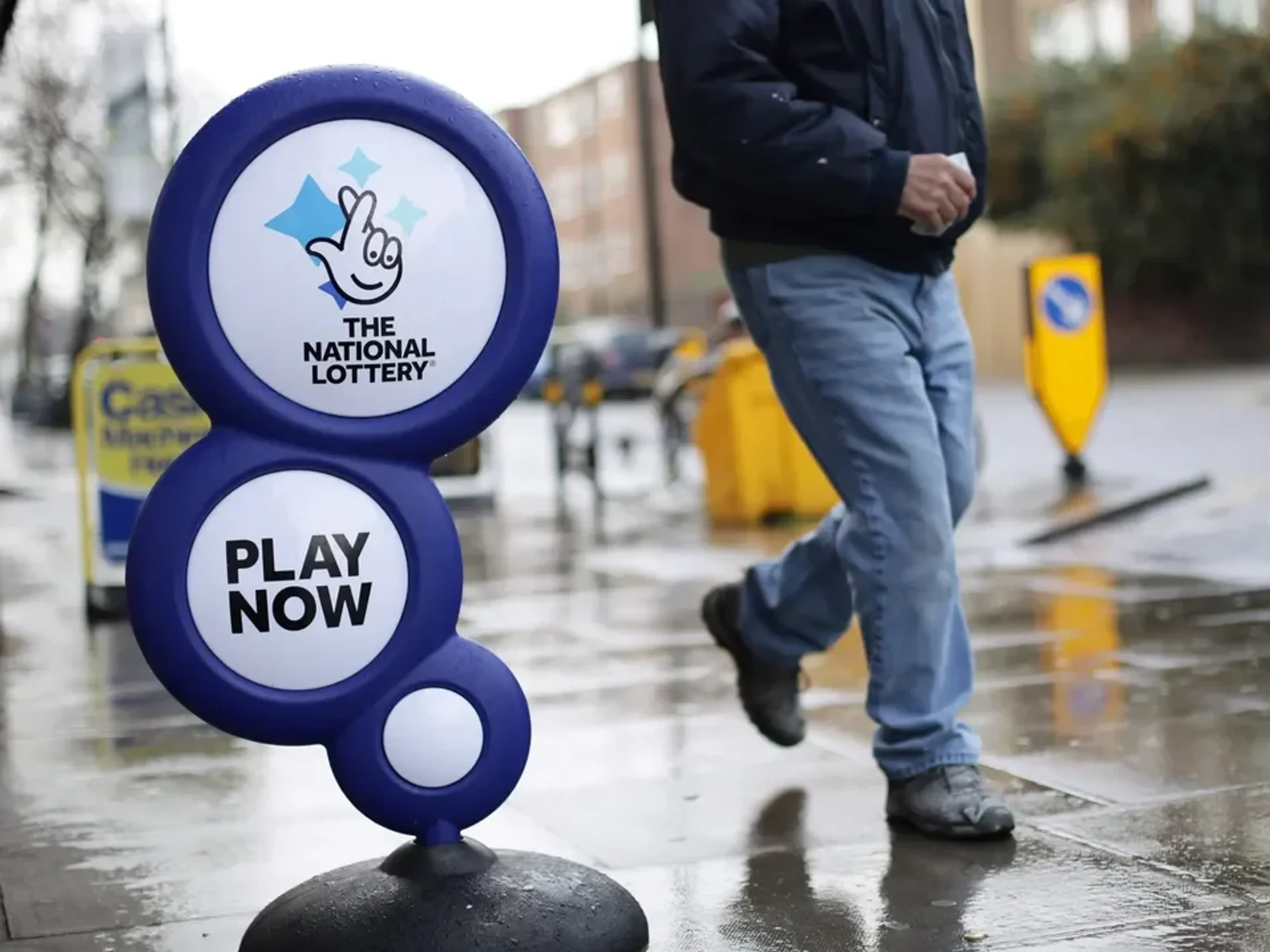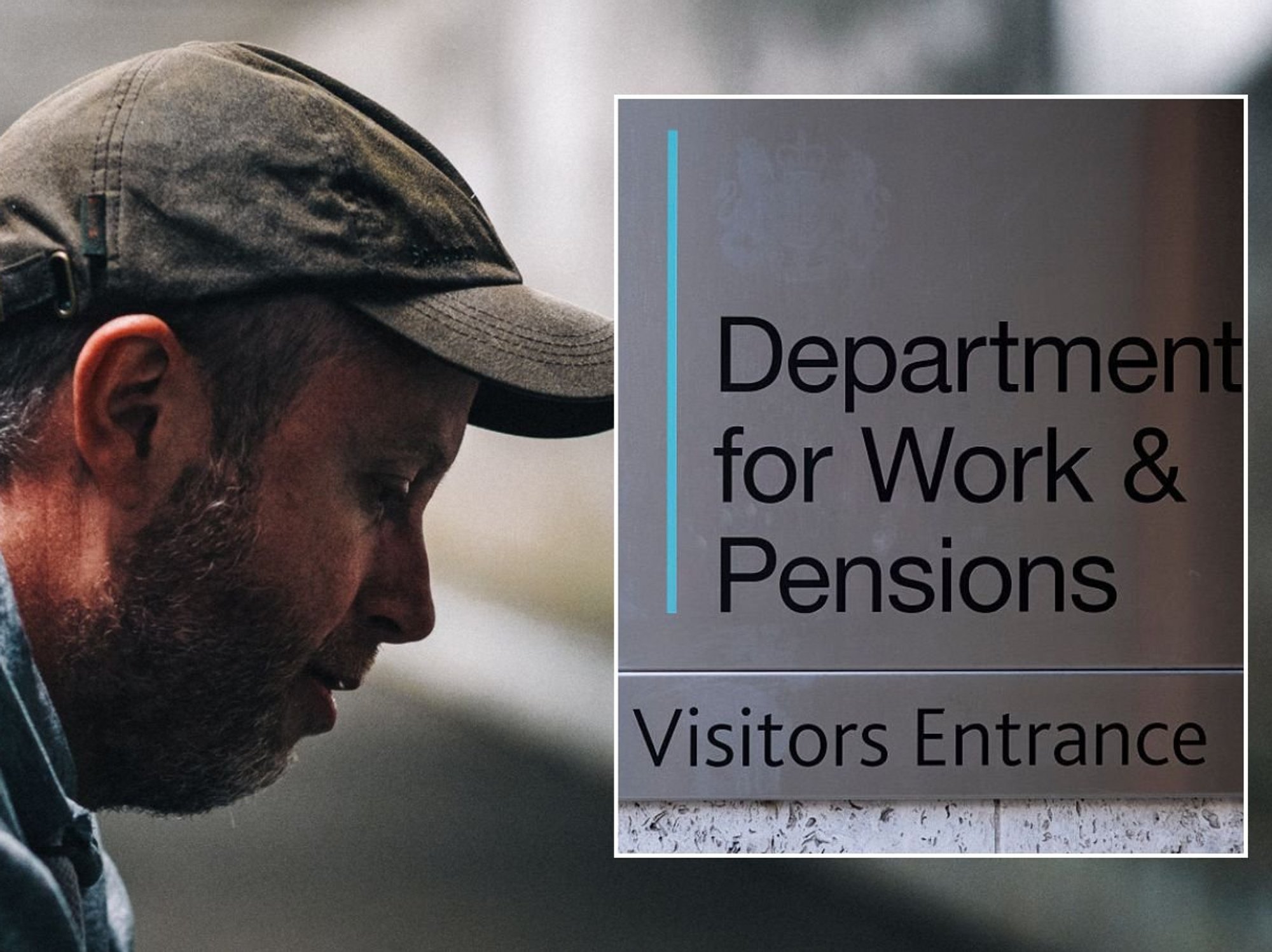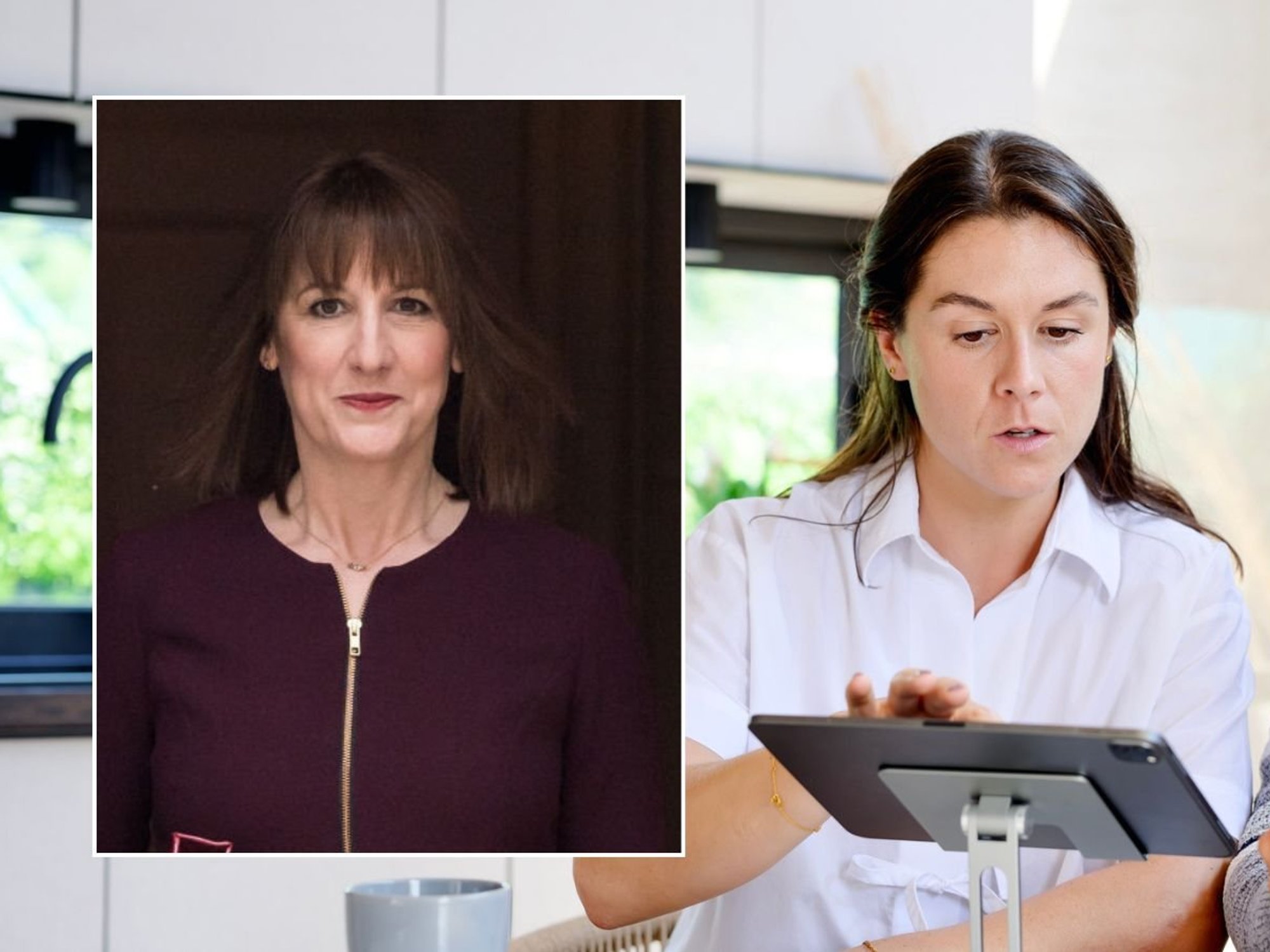Rachel Reeves called to scrap 'most hated tax' on pensions as Britons face 'double whammy' raid
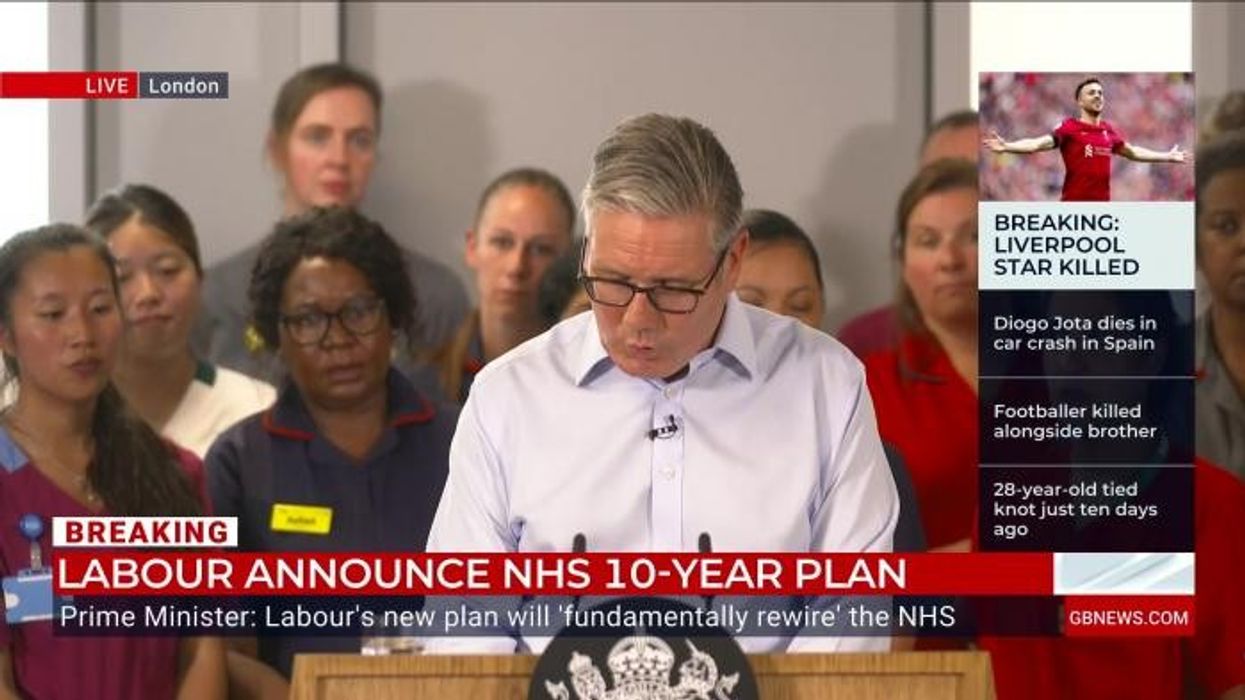
GB NEWS

Pension savings are set to become liable for inheritance tax by April 2027
Don't Miss
Most Read
Latest
Chancellor Rachel Reeves is being urged to scrap the UK's "most hated tax" on pensions, which are due to come into effect in the next couple of years.
At least 15,000 small and medium-sized businesses could be forced to close when inheritance tax (IHT) rules change in April 2027, experts have warned.
The threat stems from Reeves's Autumn Budget announcement that unspent pension assets will be subject to IHT from that date. Analysts note that many business owners have placed their commercial premises in their pensions as retirement assets.
Under the new rules, pension schemes must settle their share of inheritance tax bills directly. This could force the sale of business premises or even company liquidation to raise the necessary funds.
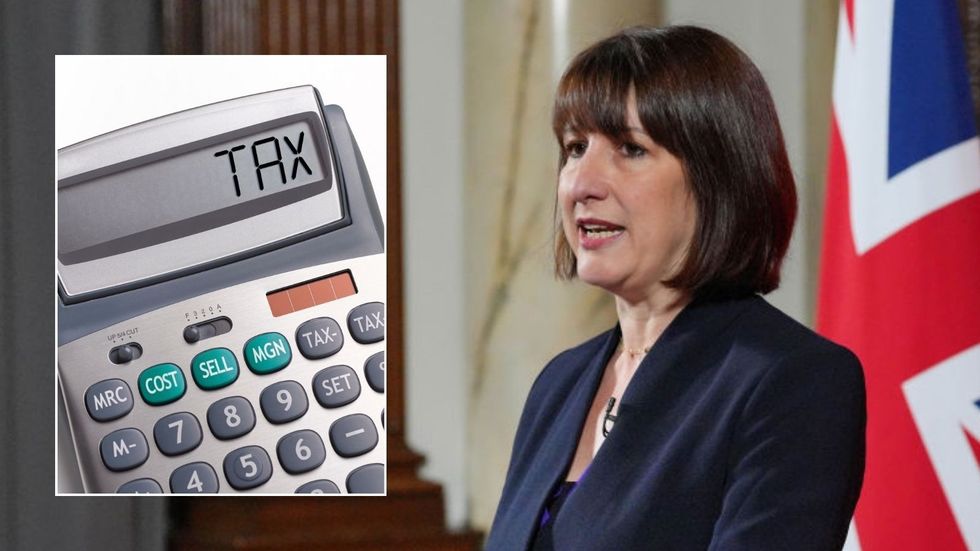
Reeves is being urged to scrap the "most hated tax" on pensions
| PA/GETTYGary Smith, financial planning partner at Evelyn Partners, warned: "This could be a serious problem for thousands of small and medium-sized businesses, one that is currently flying under the radar, probably because it's not widely understood."
The issue affects business owners who have followed long-established advice to hold their firm's commercial property within self-invested personal pensions (SIPPs) or small self-administered schemes (SSASs).
These arrangements allow the property to generate rental income, typically from the business itself acting as tenant. Currently, these assets can pass to beneficiaries free of inheritance tax.
However, from April 2027, when the business owner dies, the pension scheme will need to find cash to pay its IHT bill. "Owners and directors who don't take advice or make preparations could fall foul of the new IHT charge, with the end result in some cases that their businesses are liquidated and jobs lost," Smith added.
Do you have a money story you’d like to share? Get in touch by emailing money@gbnews.uk.
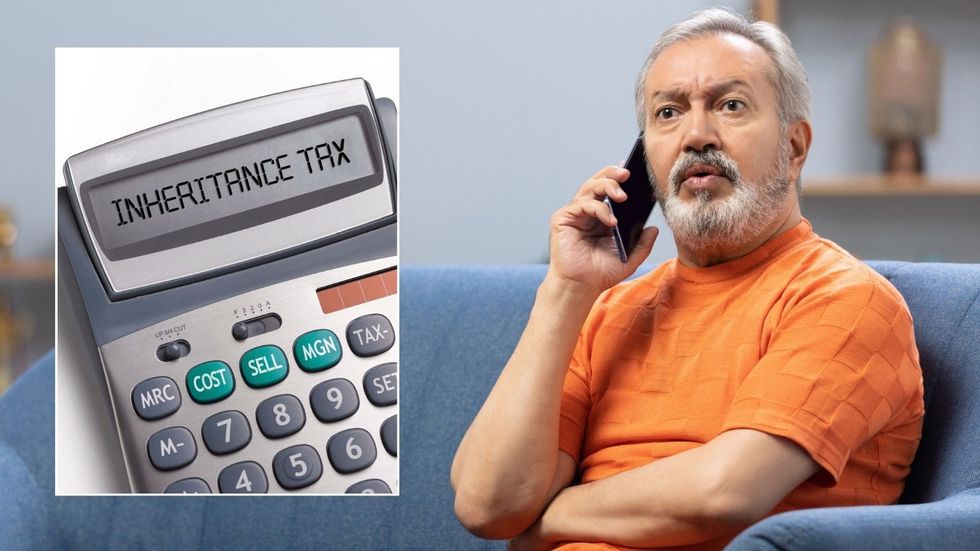 From 2027, pension pots will no longer be exempt from inheritance tax | GETTY
From 2027, pension pots will no longer be exempt from inheritance tax | GETTY Smith described a retired client who owns commercial property worth £1.2million in their pension, generating £100,000 annual rent from their business tenant.
If the Chancellor's proposals proceed unchanged, this pension scheme could face an inheritance tax bill of up to £480,000 after April 2027. Yet the scheme's only asset is the property itself.
"So what happens then? Will the pension scheme be able to borrow money to pay the tax bill, or will the business have to borrow money to buy the property, at high interest rates, and put cash in the pension scheme instead?" Smith asked.
He questioned whether estates would be forced to sell commercial properties or whether retirees must stop drawing their planned income to build liquidity for future tax bills.
LATEST DEVELOPMENTS:
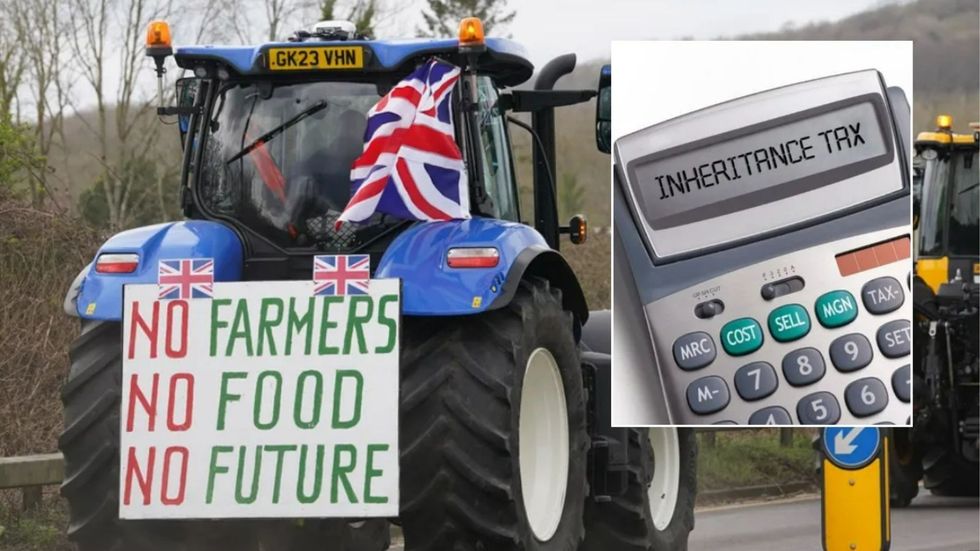 Following the Budget, valuable inheritance tax reliefs for agricultural and business assets will be removed | GETTY
Following the Budget, valuable inheritance tax reliefs for agricultural and business assets will be removed | GETTYTom Selby, AJ Bell's director of public policy, urged the Chancellor to reconsider, warning the proposals create "huge complexity" and could discourage pension saving altogether.
He said: "“IHT is often described as the most hated tax and this data backs that up. Proposals to subject unused pensions funds to IHT on death are the most widely opposed of all the tax raising measures announced so far.
“It’s not hard to see why individuals object to widening out the net of inheritance tax to catch pensions, perhaps resenting that their loved ones may be asked to pay tax twice on inherited pension funds – once through inheritance tax, and again via income tax.
“This potential double whammy of taxation will be seen as unfair by some, and could put off people saving in pensions in the first place or encourage others to run down pension pots, leaving themselves with little to live on in later years."






